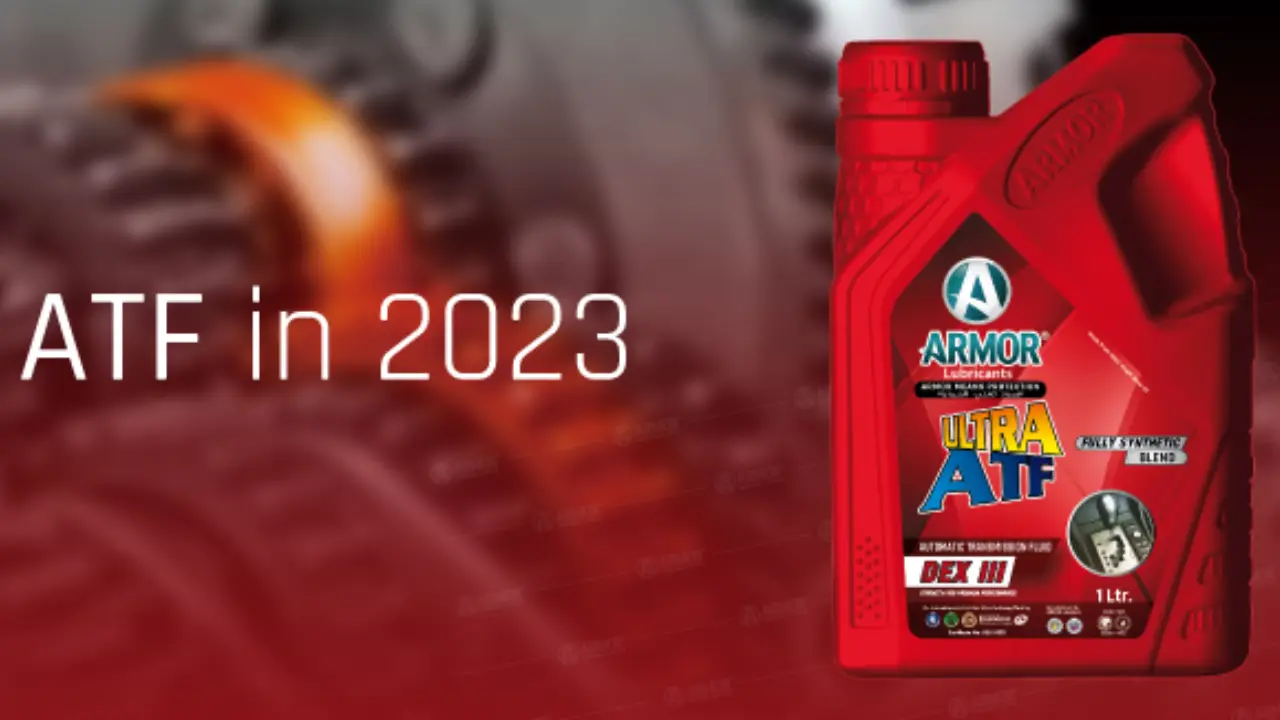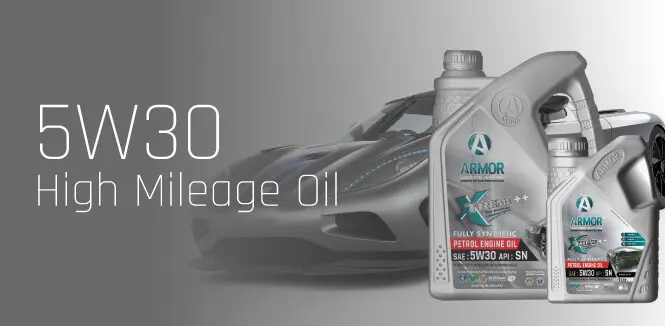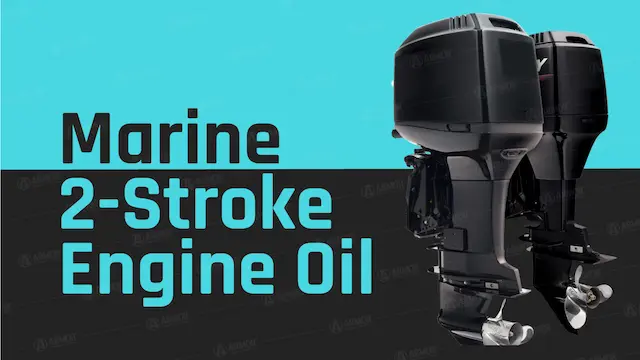ATF Fluid Overview

Automatic transmission fluid (ATF) a vital fluid that helps to keep the transmission in good condition. Filling your transmission with a good ATF allows your car to move at different speeds and ensure a smooth acceleration and deceleration.
ATF is made from a variety of ingredients, including base oil, additives, and colorants. The base oil is the main component of ATF fluid and provides the lubrication and protection while additives improve the performance of ATF fluid and protect the transmission from wear and tear. Colorants on the other hand are added to make ATF easier to see and identify.
There are many different types of ATF available, each with its own specific properties. The type of ATF that is required for a particular transmission depends on the make, model, and year of the vehicle.
ATF Standards
ATF must meet certain standards in order to ensure that it provides adequate protection for transmissions. The most important standards for ATF are those set by the American Society for Testing and Materials (ASTM). ASTM sets standards for the performance, composition, and labeling of ATF.
There are many different types of ATF products, and here are the most common ones:
- Dexron/Mercon: Dexron and Mercon are two of the most widely recognized ATF specifications. Dexron is the ATF fluid specification developed by General Motors (GM), while Mercon is the specification developed by Ford. These specifications have gone through multiple iterations (e.g., Dexron II, Dexron III, Mercon V) to meet the changing requirements of different transmission designs.
- Dexron VI: Dexron VI is the latest version of the Dexron specification introduced by GM. It is a fully synthetic ATF designed to provide improved performance, better oxidation resistance, and enhanced friction properties compared to its predecessors.
- Mercon LV: Mercon LV (Low Viscosity) is a specific ATF fluid formulation developed by Ford for their newer transmission designs. It is a synthetic ATF that offers improved fuel efficiency and provides better performance in low-temperature conditions.
- ATF+4: ATF+4 is the specific ATF formulation used by Chrysler, including their Dodge and Jeep brands. It is a synthetic ATF fluid designed to meet the requirements of Chrysler’s automatic transmissions and offers improved oxidation resistance and compatibility with various transmission components.
- Honda ATF: Honda has its own ATF formulations designed for their transmissions. These may include Honda ATF DW-1 (for newer models) or Honda ATF-Z1 (for older models). It’s essential to consult the vehicle’s owner’s manual or contact a Honda dealer for the correct ATF specification.
- Toyota Type T-IV: Toyota has its own ATF fluid specification called Type T-IV. It is a specific formulation designed for their automatic transmissions. Other Toyota ATF specifications, such as Type WS (World Standard), may also be used in newer models.
- Nissan Matic Fluids: Nissan uses various ATF formulations known as Nissan Matic fluids (e.g., Nissan Matic D, Nissan Matic J). These fluids are designed to meet the requirements of Nissan’s automatic transmissions.
- VW G 052 162: Volkswagen has its own ATF fluid specification known as VW G 052 162. It is designed for VW and Audi vehicles equipped with automatic transmissions.
Challenges Facing the ATF Industry
The ATF industry is facing a number of challenges, including the increasing complexity of modern transmissions and the need for more environmentally friendly fluids.
Increasing complexity of modern transmissions
Modern transmissions are more sophisticated than ever before, and they require more advanced ATFs. This is because modern transmissions use more moving parts and operate at higher temperatures. Conventional ATFs are not always able to provide adequate protection for these transmissions.
Environmental regulations
The need for more environmentally friendly fluids is another challenge facing the ATF fluid industry. ATF fluids are made from petroleum, and they can contribute to air pollution. The ATF industry is working to develop more environmentally friendly fluids that are made from renewable resources.
Potential Solutions to the Challenges Facing the ATF Industry
There is competitive race to find optimal solutions for each problem and challenge ATF is facing, and there are some of them being applied today.
One way that the industry is addressing the increasing complexity is by developing more advanced ATFs, ones that are designed to provide better protection for modern transmissions.
They are also looking for new methods and techniques to develop and produce more environmentally friendly fluids. Some of the new products are made from renewable resources and reduce the contribution to air pollution.
Armor Lubricants and ATF Fluid
Armor Lubricants is a leading lubricants manufacturer in UAE, with over 12 years of experience in the industry. We are known for our high-quality products and commitment to customer satisfaction. Armor Lubricants’ premium automatic transmission fluid that is designed to protect your car’s transmission. It is made with high-quality base oils and additives, and it is formulated to provide long-lasting performance.


